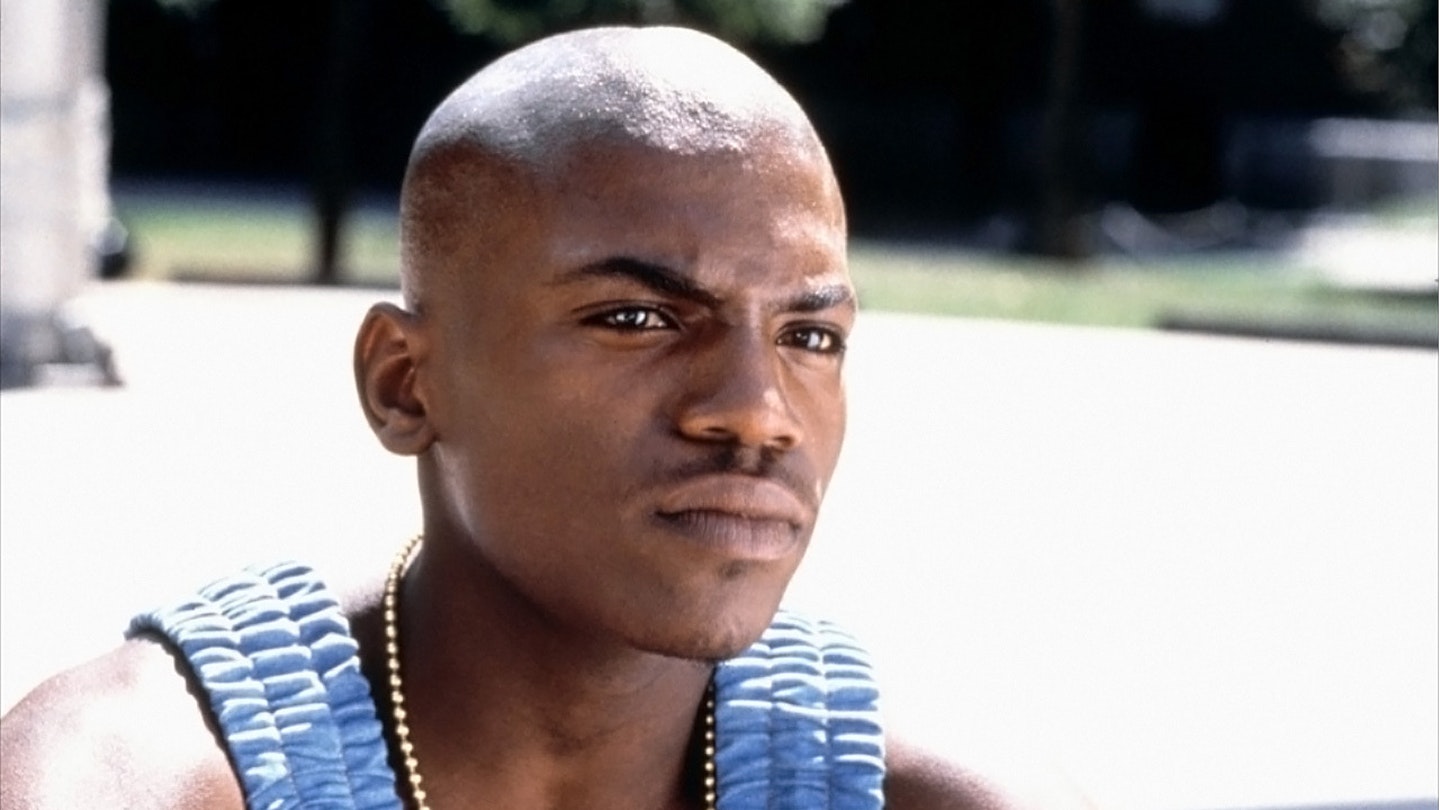Spike Lee reportedly took over directorial duties on this collaboration with writer Richard Price and producer Martin Scorsese with reluctance when Scorsese decided to pass and make Casino. It is hard to imagine Lee was completely thrilled to helm another drama of inner city anger and despair when he is keen to move black cinema out of the ghetto, but he pulls this off, belatedly.
The central character is Strike (newcomer Phifer), a clocker (a street-level, “around the clock” drug seller), all purpose bad boy and one of a set who dispense dope, brandish guns and have conversations in which “Yo, man” is the most intelligible remark.
The set-up is a murder mystery. Strike’s evil drugs boss, controlling father figure and neighbourhood king-pin Rodney (Lindo) wants a man dead. When the guy is killed, detective Rocco Klein (Keitel, partnered almost silently by John Tuturro) has a surprisingly ready-to-hand suspect in Strike’s brother, Victor (Isaiah Washington). But Victor is a responsible, hard-working, aspirational citizen; Rocco doesn’t like the way things add up, and keeps investigating.
Why he should put himself to the trouble is the question Strike finally asks for us. And the answer, never articulated, gives us something to chew on. This comes — after an hour and a half of wearyingly familiar clocking, trash talking bad asses, gun swapping, bent cops prowling and general menace — when a series of interogation sequences dramatically pick up the pace, feeling and meaning to accompany Lee’s atmospheric style throughout. The most interesting aspect, however, is the diversity of attitudes and lives Lee and co-writer Price suggest in the community beyond Rodney’s druggies — including a mother anxious that her son not be sucked into the clocking world and a black neighbourhood cop continually on Strike’s back. Not Lee’s finest but intriguing nonetheless.
